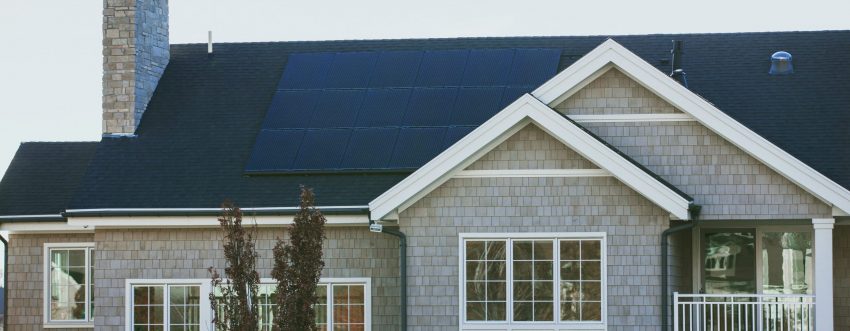Garden Mews has always been known for its leafy environment, protected trees and central garden for all to enjoy. We must now turn our attention to the future and ensure we maintain a sustainable future!
As the world embraces renewable energy sources, the installation of solar power systems in residential apartment blocks has emerged as a shining solution. Protecting the environment and reducing our cost burden on sustaining the places we live. With energy prices rocketing and impacting the feasibility of maintaining a comparatively low service charge, we need to now think about embracing the adoption of solar power. This article explores the essential conditions for successful implementation, the robust business case supporting this green initiative, and a step-by-step guide to calculating the financial benefits.
Why Installing Solar Power in Garden Mews Makes Sense
- Sustainability: Solar power significantly reduces carbon emissions, contributing to a cleaner environment and combating climate change.
- Energy Independence: Generating solar power on-site promotes energy independence, reducing reliance on the national grid and mitigating the impact of energy price fluctuations.
- Financial Savings: Solar power systems lower electricity bills for property owners by minimising the communal spending on power. However it can also significantly subsidise the service charge in general by selling electricity back to the grid, ensuring long-term financial benefits.
- Increased Property Value: Apartments with solar installations are more attractive to eco-conscious buyers or renters, potentially increasing property value.
Conditions for Successful Implementation
To maximize the benefits of solar power installations in apartment blocks, a few crucial conditions must be met:
- Roof Suitability: The building’s roof should receive ample sunlight throughout the day without shading from nearby structures. Garden Mews has two South-facing roofs.
- Legal and Regulatory Compliance: WE must ensure compliance with local regulations, planning permissions, and building codes regarding solar installations.
- Community Support: There should be general buy-in from property owners and a sense of community and shared environmental responsibility fostered.
The Business Case: How to Calculate the Savings
Calculating the business case for installing solar power involves several factors:
- Initial Investment: First, determining the total cost of solar panels, inverters, installation, and maintenance. If any of the energy is to be used to power communal areas, then a small battery solution is also required.
- Electricity Savings: Estimating the electricity that will be generated by the system annually and multiplying it by the local electricity tariff to calculate annual savings.
- Feed-in Tariffs or Incentives: Exploring government incentives, feed-in tariffs, and export tariffs to enhance our financial returns.
- Maintenance and Operational Costs: The need to account for maintenance, cleaning, and operational costs over the system’s lifespan.
- Return on Investment (ROI): Calculating ROI by dividing the total savings over the system’s lifespan by the initial investment, expressing it as a percentage.
This downloadable infographic shows a hypothetical scenario and puts some hypothetical numbers against the business case.

How to Pursue Solar Power Installation
- Site Assessment: We will require a thorough site assessment to evaluate the building’s suitability for solar installations and estimated potential energy generation.
- Select a Reputable Installer: Choosing a certified solar installation company with experience in residential apartment blocks and a track record of successful projects will be crucial.
- Financial Analysis: We will need to collaborate with the installer to perform a detailed financial analysis, including ROI calculations, payback period, and potential government incentives. In addition, decisions on how the solar is used (Communal areas only or as a source of power to the residential areas, whether we require EV charge points etc) will also have a bearing on the financial business case.
- Installation and Monitoring: Once approved, we will need to authorise the installation to proceed. We will need to implement a monitoring system to track energy generation and system performance.
- Educate Residents: It will be important to educate property owners and tenants alike about the benefits of solar power to our community. At the same time, we should encourage energy conservation and promote a sense of environmental stewardship.
Installing solar power at Garden Mews presents a compelling business case for property owners and a sustainable energy solution for the community. Beyond this initial installation, this could be used to power communal EV charging points, which could bring even greater value to residents of Garden Mews.
By understanding the conditions, conducting thorough financial analysis, and following the right process, Garden Mews can harness the power of the sun, powering a greener, more sustainable future for all.
This will be raised at the up-and-coming AGM with a view to implementing a brighter, solar-powered future in 2024/25.
Photo by Vivint Solar on Unsplash



It should be noted that Chaneys is no longer an independent company. It is now owned by a company based…